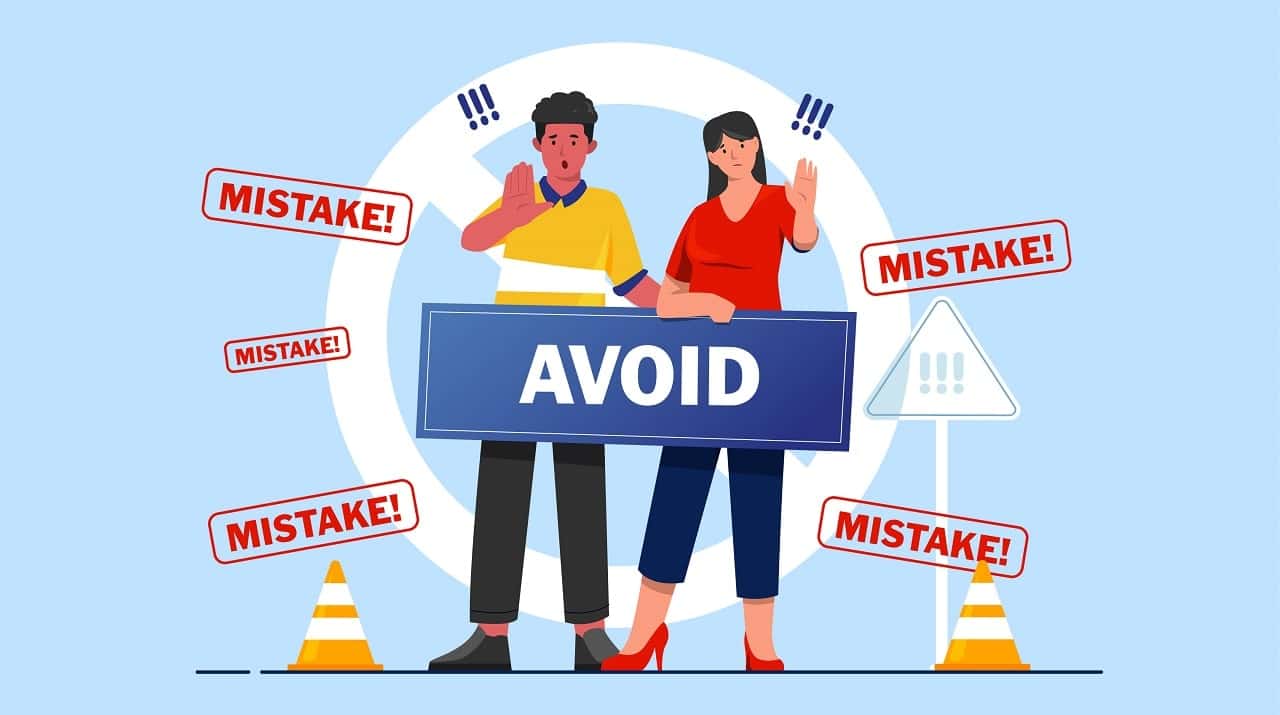Crisis simply cannot be avoided in the start-up world. Whatever product recall, public relations blunder, or threat of marketplace disruption may be lurking in the shadows, how it happened is what makes all the difference between making and breaking a company from here forward. Yet, it is with the right approach that a crisis is not just the problem-it is also an opportunity. Strategic techniques in communication and public relations can turn adversity into an opportunity to build trust and demonstrate leadership, and even strengthen the market position.
This article will explain how start-ups should really tap into the strengths of strategic communication, including PR, better to navigate crises in 2024 onwards.
Nature of Crises in the Digital Age
It has also increased the stakes in a crisis. News spreads fast, and public opinion is formed in real time. For startups, social media has become double-edged sword: immediate communication comes with amplification of missteps, reputation management on steroids.
Some Common Crises That Affect Startups
- Negative Customer Feedback: Viral negative reviews taint the brand.
- Data Leaks: Cybersecurity weaknesses that expose client data can lead to a breach of trust.
- Loss of Funds or Failure to Raise a Round: These incidents can thus erode public confidence.
- Operational Errors: Prolonged delays in the launches of products and operational failures break down credibility.
Startups should seize these moments as opportunities to draw out resilience, marking true communication with their audience.
Crisis as Opportunity in Public Communication

Crisis management isn’t just fixing the damage; it’s rewriting the story. Here’s how startups can do this, with PR and other strategic tools:
- Prepare a Crisis Management Plan Before It Happens
It is better to be proactive. Startups must prepare for all the possible crises and details communication plans for each eventuality.
How to Build an Effective Crisis Management Plan:
- Vulnerabilities Identification: Identify your weak points in operations or reputation.
- Establish Chain of Command: Define who does what in a response to the crisis.
- Prepare Messaging Templates: Prepared possible statements regarding different matters to reply as fast as possible.
- Respond Promptly and clearly
Delay and vague reply can worsen the situation. The public needs a clear reply immediately. Clarity in communication earns credibility.
Practical Lessons of Prompt Response:
- Admit the problem promptly.
- Keep posting updates as things happen.
- Use simple and non-technical language during communication. Thus, the mass will understand.
- Responsibly Utilizing Social Media
But social media can also regulate public emotions during crisis.
Social Media Crisis Management Tactics:
- Utilize Twitter (X) for real-time updates.
- Respond to customer complaints directly and empathetically.
- Track and respond to misinformation talk in time.
- Be Accountable
An apology towards error and corrective measures in place will bring public criticism as appreciation for the strength of your brand.
Steps to Demonstrate Responsibility:
- Offer genuine apology as appropriate.
- Clearly explain what went wrong and how it will be fixed.
- Highlight steps taken to prevent similar issues in the future.
- Utilize Thought Leadership to Shift Narratives
Position your startup as an industry leader by showcasing how you’re addressing the crisis innovatively.
Examples of Thought Leadership During Crisis:
- Publish blogs or articles explaining your solution.
- Host webinars or Q&A sessions to discuss your approach.
- Work with influencers to give your response credibility
- Activate Third-Party Advocates
Influencers, partners and loyal customers can be your voice in difficult times by giving credibility and extending reach to your response
How to Activate Advocates:
- Share pre-approved messaging with your network
- Ask for user-generated content to talk about what’s great about your brand
- Collaborating with influencers amplifies and intensifies your response strategy
Success Stories: How startups changed crises into triumphs
- COVID 19 Response by Airbnb
AirBnB acted very promptly on the unfolding effects of the pandemic-related travel disruption. It issued refunds to guests, offered financial relief to hosts, and regularly communicated with customers and the general public.
This was not only a crisis response but an opportunity in itself to further cement the reputation for customer-centricity at Airbnb.
- OYO’s Cybersecurity Crisis
OYO Rooms promptly went public with an apology within two hours of the data breach and explained the corrective measures, as well as including cybersecurity experts to redeem themselves. Through such a move, it turned an apparently disastrous PR into an opportunity for user safety.
- Zomato’s Delivery Incident
From being on the back foot after a delivery mishap blew up, Zomato shifted from defensive mode to show some fun and empathy while reinforcing stricter operational guidelines. The incident did what they should not have shown their human side by being flexible.
Digital PR Strategies for Effective Crisis Management
- Monitoring Public Sentiment in Real Time

Monitor publicly what’s being said online about your brand through Google Alerts, Brandwatch, and Mention.
- Shareable Content
Add visuals, infographics, and videos explaining your response to make your message more digestible and relatable.
- Optimize Your Messaging Using Search Engines
Ensure that your crisis response content ranks well by using relevant keywords, so people searching for answers on the internet find your official statements before the misinformation.
- Use Data to Back Claims
Use metrics or testimonials to demonstrate how effective your solutions are. This raises credibility and supports your narrative.
Avoiding Common Crisis Management Mistakes

- Drowning Critics with Criticism: Engage directly with critics to encourage advocates.
- Saturation of Audiences with Messages: Be clear and consistent in updates.
- Unchanging Strategies: Be flexible and change the strategy based on new information.
The Future of Startups Crisis Management
In the next year, or perhaps even up to 2024 and beyond, technological advancement would influence how these startups handle their crisis management.
- AI-Enabled PR Tools: With chatbots and sentiment analysis, quick answers that are better can be maintained.
- Live and Interactive Crisis Responses: Polls, quizzes, and live videos would enable audiences to respond more dynamically.
- Messaging for Conscious Consumerism: Brands that speak for sustainability will better resonate with the conscious consumer.
Conclusion
2024 is also going to be the year of even more scrutiny but not without unprecedented opportunity. Crises are one hell of a potentiating agent for growth, trust, and innovation.
Taking proactive communication, embracing tools in digital PR, and transparency into one’s message, startups survive crisis but emerge stronger and more robust.
Failure is not inevitable. Crisis often comes, but failure is not an ingredient. With the appropriate attitude and approach, even seemingly impossible problems can become stepping stones to success.
For in-depth discussions and thought-provoking content, check out our Medium page. Join us in exploring the evolving landscape of public relations!
Stay ahead in the PR game — connect with us on LinkedIn for expert insights, industry tips, and trends that matter to your brand!
Explore valuable PR resources and articles on our Website, designed to keep you informed and help your business grow.
 Skip to content
Skip to content 